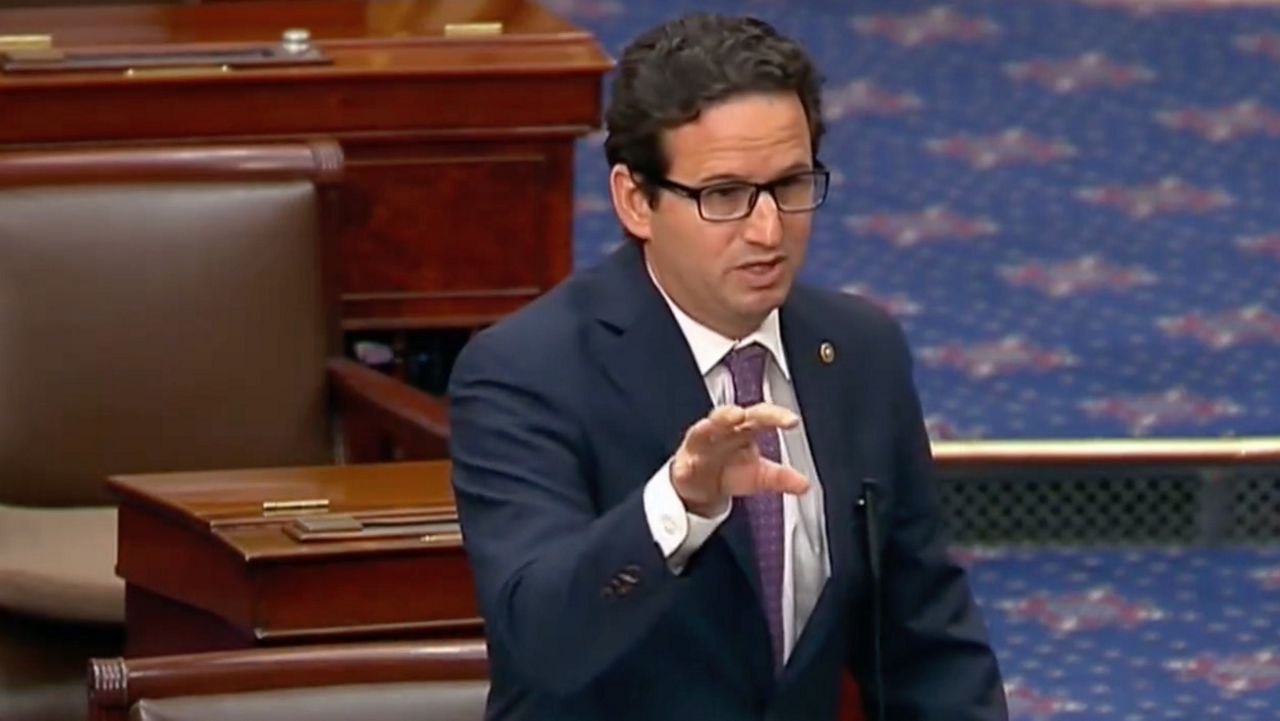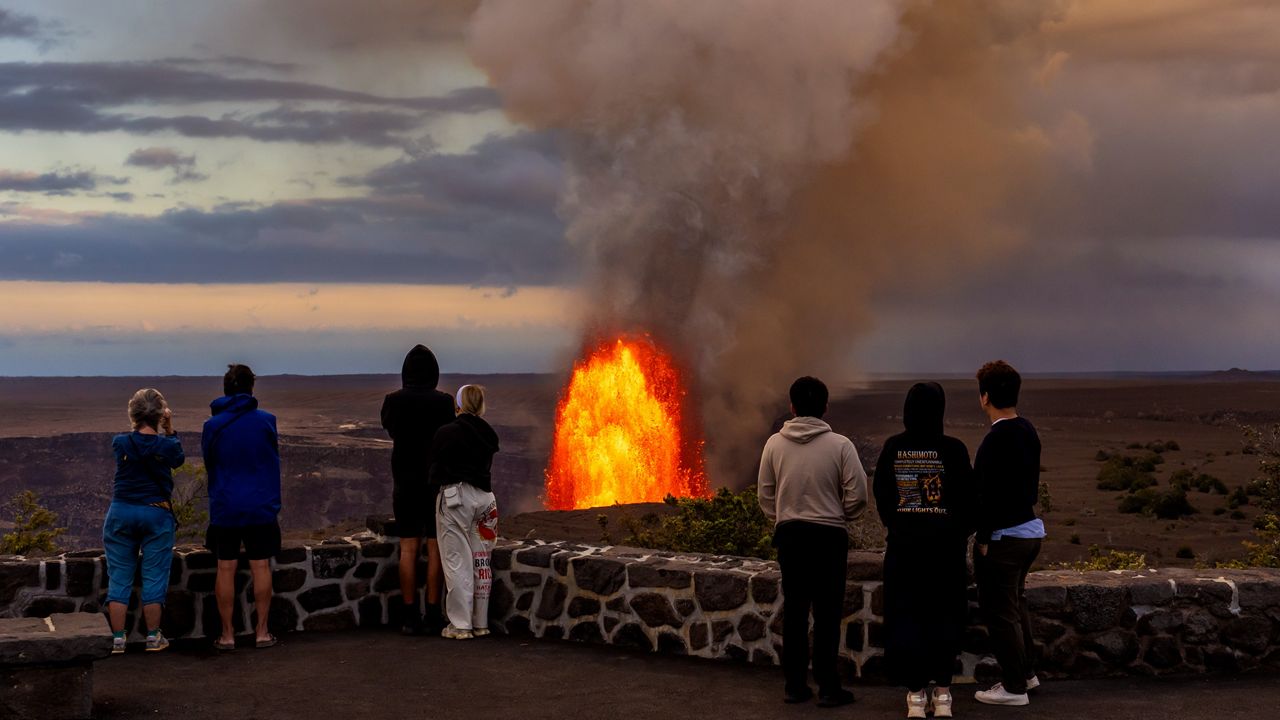WASHINGTON — U.S. Sen. Brian Schatz, D-Hawaii, called on fellow lawmakers Thursday to approve Community Development Block Grant-Disaster Recovery funding to ensure survivors of the Maui wildfires and other national disasters have the means to fully recover.
“For Lahaina to recover fully, it needs its people,” Schatz said during a speech from the Senate floor. “And what those people need right now is tangible help — help with building a home, with finding a job, with rebuilding their small business. The kind of help that will finally provide a reprieve from the constant worrying about what’s next, and hope that a better future awaits them after months of unimaginable suffering.”
Schatz’s remarks came as Congress races against the clock to pass short-term spending bill to keep the government open past the Sept. 30 funding deadline.
Schatz stressed the urgency not just to avoid a government shutdown but to provide necessary resources to communities devastated by natural disaster.
“For people on Maui, help is needed immediately,” he said. “More than a year after the deadly fires that levelled an entire town, claimed 102 lives and stole just about everything from those lucky enough to survive, nothing is yet normal. Survivors in temporary housing are being forced to move every few months. Many have moved five times in the last year, shattering any semblance of stability they’ve cobbled together. Meanwhile, not a single home has been rebuilt so far. Not a single home has been rebuilt so far. That’s a dire emergency for any community in any scenario. But it’s especially worrying given temporary housing assistance from FEMA is due to expire in just five short months.”
In noting that the long recovery is squeezing families on all fronts, Schatz cited a recent poll that found that 70% of survivors are cutting back on food and groceries and more than half are cutting back on medicine and other health care expenses.
Schatz said helping victims of disaster is a basic, “absolutely essential” function of government.
“There are not that many things that the federal government absolutely must do,” Schatz said. “But one of them is when there is a disaster and a state or a county or an island or a reservation or a town is devastated by a natural disaster, and the impact of that natural disaster exceeds the ability for that local unit of government to handle it, the president declares a disaster. And then FEMA comes in. After that, HUD comes in with the support of the Congress through a program called Community Development Block Grant-Disaster Recovery. What does that mean? It is flexible funding for those communities to rebuild. FEMA came to the table and did the disaster response. Now we have to recover. People are not recovered.”
Schatz noted the bipartisan support for securing disaster aid, as evidenced by public commitments to reaching a deal by the ranking member in the United States Senate and the chair and the ranking member in the United States House Appropriations Committee.
“A lot of stuff we do is really hard; a lot of stuff we do is really partisan,” Schatz said. “This is neither of those things. We just have to decide that among the things that the federal government does is that we come to the table for any American when a disaster hits. Let’s get this done.”
Michael Tsai covers local and state politics for Spectrum News Hawaii. He can be reached at michael.tsai@charter.com.












